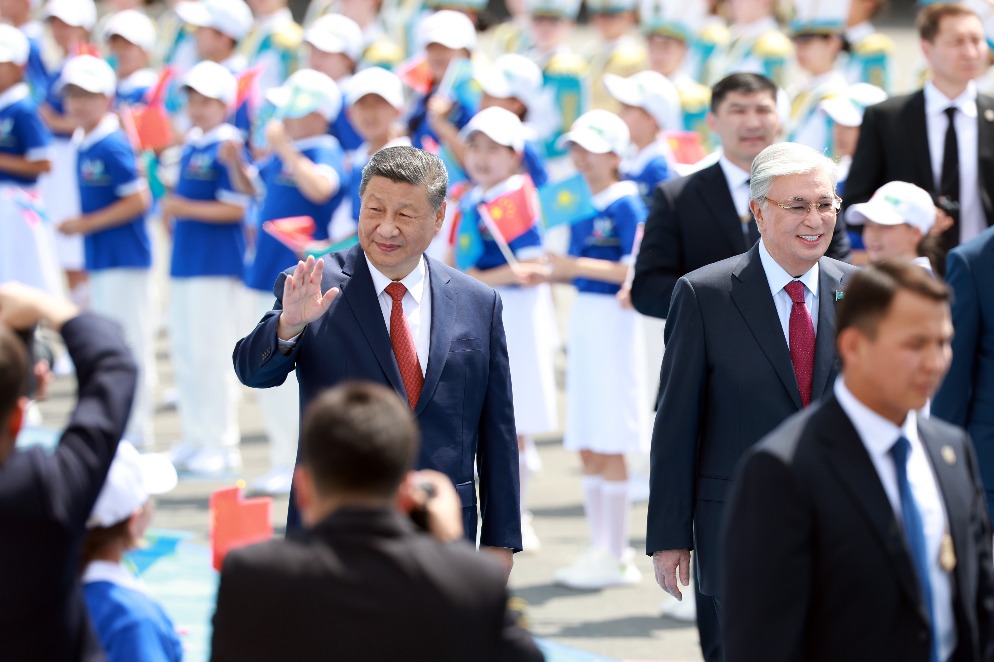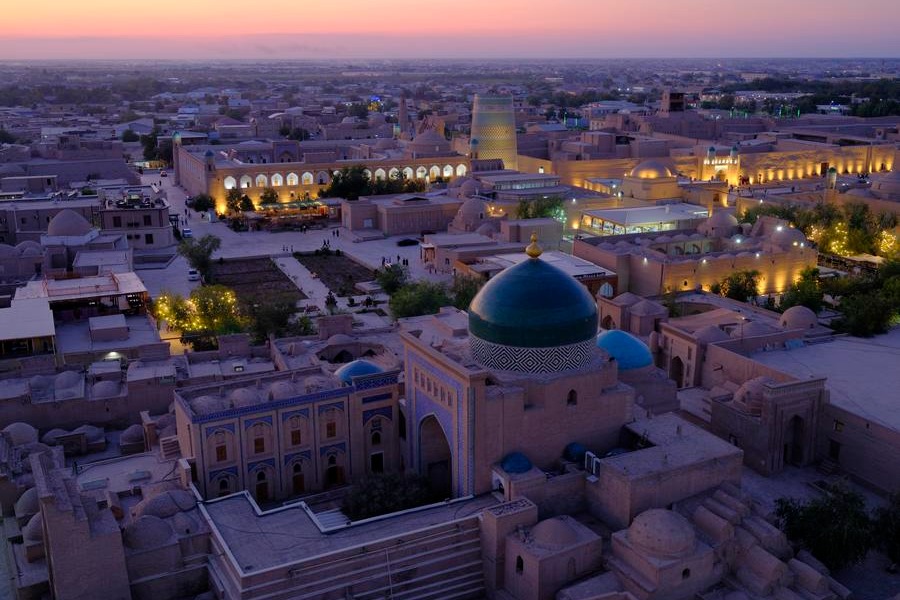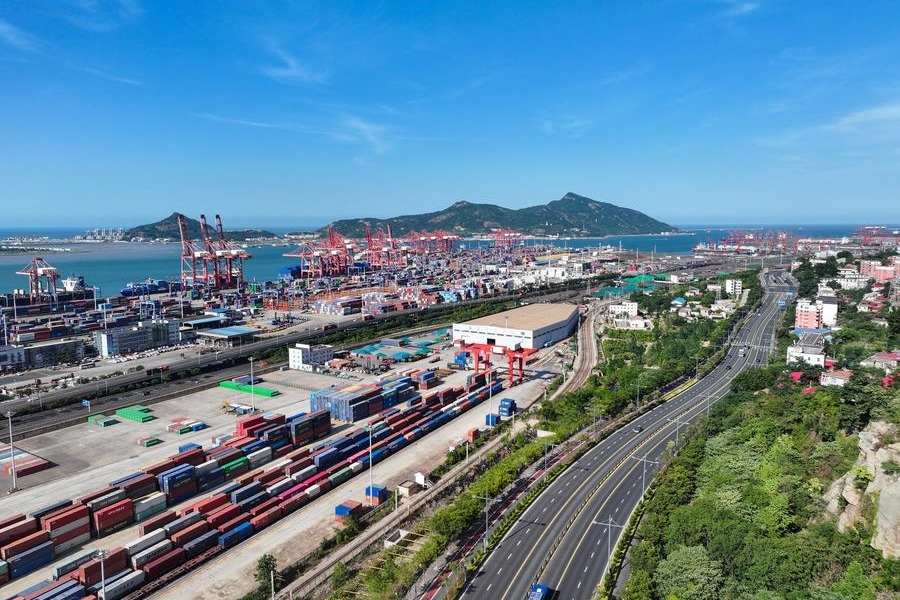Institutions reform vital for modernization


According to the reform plan of China's State Council institutions submitted to the first session of the 14th National People's Congress for deliberation on Tuesday, China plans to deepen reforms in different sectors including restructuring its Ministry of Science and Technology, setting up a national financial regulatory administration, and establishing a national data bureau.
These moves, aimed at improving governance capabilities, can help inspire the Chinese people to make technological breakthroughs, and better ensure financial security and data regulation.
The State Council institutions reform plan is in line with the plan of the reform of the Party and State institutions which was approved at the Second Plenary Session of the 20th Communist Party of China Central Committee.
The reform of the Party and State institutions is the first major systemic transformation on the way to achieving the "second centenary goal" of developing "China into a great modern socialist country that is prosperous, strong, democratic, culturally advanced, harmonious, and beautiful" by the middle of this century. It is also a guarantee for institutional stability and progress for the next five years and beyond.
First, the reform of the Party and State institutions is necessary to implement the spirit of the 20th National Congress of the CPC, which made clear the designs and arrangements for the reform. The report of the 20th CPC National Congress says that we must resolutely uphold the authority of the CPC Central Committee and its centralized and unified leadership, and make the Party the backbone of the people.
The 20th Party Congress report also calls, among other things, for deepening the reform of the financial system, building a modern central bank system, improving the system of unified leadership of the CPC Central Committee.
The next five years will be critical for the comprehensive construction of a modern socialist country. The institutional reforms should be quickly and efficiently implemented, in order to lay a solid foundation for socialist modernization construction.
Second, the reform of the Party and State institutions is necessary for the improvement of the socialist system with Chinese characteristics, which is a scientific system developed by the Party and the people. Given the fast-changing times and increasing uncertainties, this system needs to be continuously adjusted and optimized so as to better meet the complex and arduous requirements.
The most important aspect of this reform is the implementation of the principle of "strengthening the centralized and unified leadership of the Party", because the CPC leadership is key to socialism with Chinese characteristics and the greatest advantage of the socialist system with Chinese characteristics.
Another important principle of the reform is to "coordinate the central organizations of the Party, the National People's Congress, the State Council, and the National Committee of the Chinese People's Political Consultative Conference, and to coordinate the central and local governments". In essence, it is aimed at arranging the institutions on a "national chessboard", which reflects systemic thinking and manifests the key features of the socialist system with Chinese characteristics.
Third, the Party and State institutions' reform is a necessary step toward promoting the modernization of the national governance system and governance capacity. This is evident from the fact that the 2018 reform of the Party and State institutions helped improve China's governance system.
However, China faces some problems on the road to the reform, such as the lack of a unified management system for scientific and technological work, inadequate financial risk prevention capability, and slow pace of high-quality development. Formalism and bureaucracy, too, are obstructing the reform.
To promote the modernization of the national governance system and governance capacity and solve the reform-related problems, implementing institutional reform is necessary. The goal is to achieve "more scientific leadership of the Party in socialist modernization construction in institutional settings, more optimized functional allocation, more perfect system and mechanism, and more efficient operation and management".
Fourth, the reform of the Party and State institutions is aimed at addressing the complex domestic and international and other problems facing China. The world is undergoing unprecedented changes and faces continued regional turmoil and conflict, which are increasing economic and sociopolitical uncertainties.
The rise of anti-globalization sentiments, unilateralism and protectionism is becoming more and more apparent. For instance, the negative impacts of the Russia-Ukraine conflict, which has entered the second year, are seemingly growing, while the West is continuing to strengthen its containment policy against China. In fact, the West's encirclement of China could potentially escalate into a major conflict.
As China faces increasing uncertainty and unfavorable factors, it should be prepared to withstand major challenges, for which strong institutions and outstanding institutional advantages are needed.
As the 20th Party Congress report says, the problem of imbalanced and insufficient development remains prominent, and there are still many bottlenecks in promoting high-quality development. Solving these problems requires not only top-level design but also strengthened organizational leadership, and an institutional set-up.
The formation of new Party and State institutions in 2023 is expected to enhance the Party's governance capacity and leadership level, mobilize the initiative and creativity of all sectors of society, effectively handle domestic and foreign issues, elevate the cause of the Party and the country to a new level, and facilitate the smooth development of socialism with Chinese characteristics in the new era.
The author is a professor in the department of literature and history research at the Party School of the CPC Central Committee. The views don't necessarily reflect those of China Daily.
































